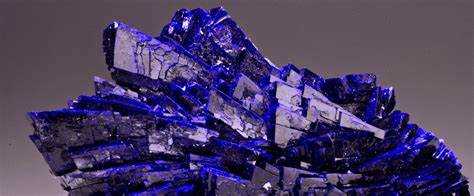
The US administration is leading a Western initiative to secure supplies of key metals for the energy transition. But the lag behind Chinese state-owned companies, which already boast a strong presence on the continent, looks to be hard to overcome.
Nine months after his high-profile appearance at the “Investing in African Mining Indaba” conference in 2022, US undersecretary for economic growth, energy and the environment Jose W. Fernandez was back on deck for the 2023 edition. And while addressing the mining community at the sector’s annual meeting, held 6-9 February in Cape Town, he locked in a date for next year.
With another sign that the US intends to be more visible in this area, he was accompanied by Amos Hochstein, US President Joe Biden’s special presidential coordinator for global infrastructure and energy security.
In the race to secure critical minerals for the energy transition – such as copper, zinc or cobalt used in batteries – is the US shifting into higher gear? Placed high on the agenda of the opening day’s keynote speeches, directly after the welcome address by South Africa’s Minister of Mineral Resources, Gwede Mantashe, the undersecretary was direct, to say the least.
Ferdandez began his speech, entitled ‘The United States as a Partner to Africa: Striving for Excellence, a Race to the Top in Minerals and Mining’, with a quantitative analysis of the situation.
“Since [May 2022], my team has refined its assessment of our critical mineral needs…The International Energy Agency [IEA] recently predicted that demand for most minerals essential to the clean energy transition will increase by a factor of four to six. For some minerals, the increase will be exponential. By 2040, graphite demand will increase by 25 times, and lithium by 42 times”.
“The problem,” Fernandez continued, “is that we don’t have enough critical minerals to power the world’s clean energy agenda, but our current supply chains for these minerals – from extraction to production to recycling – are simply not diverse enough for the energy future that’s coming…” The finger was pointed at China, which dominates many mineral commodity markets, such as the rare earth market.
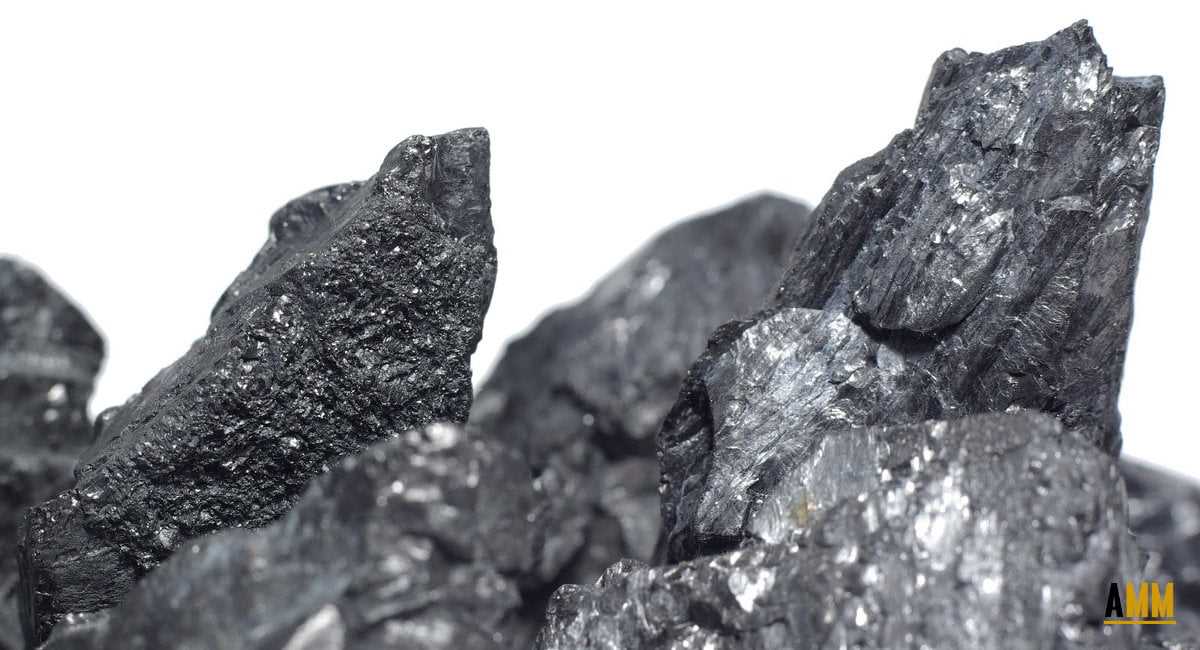
A few hours later, his compatriot Hochstein added: “We are on the cusp of the biggest upheaval since the industrial revolution; the question is whether Africa will be up to the challenge this time and able to reap the benefits to build roads and schools […]. We want to be its investment partners; it all starts here at this conference”.
Related Stories
Created in June 2022, the Mineral Security Partnership – a joint initiative of Australia, Canada, Finland, France, Italy, Japan, Korea, Norway, Sweden, the United Kingdom, the United States and the European Union – aims to secure supplies of key metals for the energy transition. He defined four main lines of effort.
It is also worth noting that the US government has, since December 2022, been a signatory to the Zambia-DRC memorandum of understanding to develop the value chain in electric batteries.
“How are we going to encourage investors to take a position in Africa, where country risks have an impact on fundraising capabilities?” Hochstein asked. “We’ll de-risk projects by bringing in the big US lenders: DFC, US Eximbank… We’ll shoulder the early losses, and worry about making a profit later!”
However, the mining industry is still waiting to see whether this will be enough to make up for the lead taken by the Chinese, who are already positioned, for example, on the continent in giant copper mines, a key metal in the energy transition.
One example is Tenke Fungurume, one of the largest red metal and cobalt mines in the DRC, which came under the control of the giant CMOC in 2016 after its sale for US$2.65bn by the American Freeport McMoRan.
Or, again the DRC, the gigantic Kamoa-Kakula copper-cobalt complex, whose production is exported to China. Zijin Mining is a co-shareholder in this project, along with Canadian Robert Friedland’s Ivanhoe Mines, which has also allowed Zijin to take a stake in its group. Jinghe Chen, president and founder of Zijin Mining, was present at Mining Indaba, and for the first time positioned himself as a meeting sponsor, taking the opportunity to announce an increase in his investments on the continent. – theafricareport










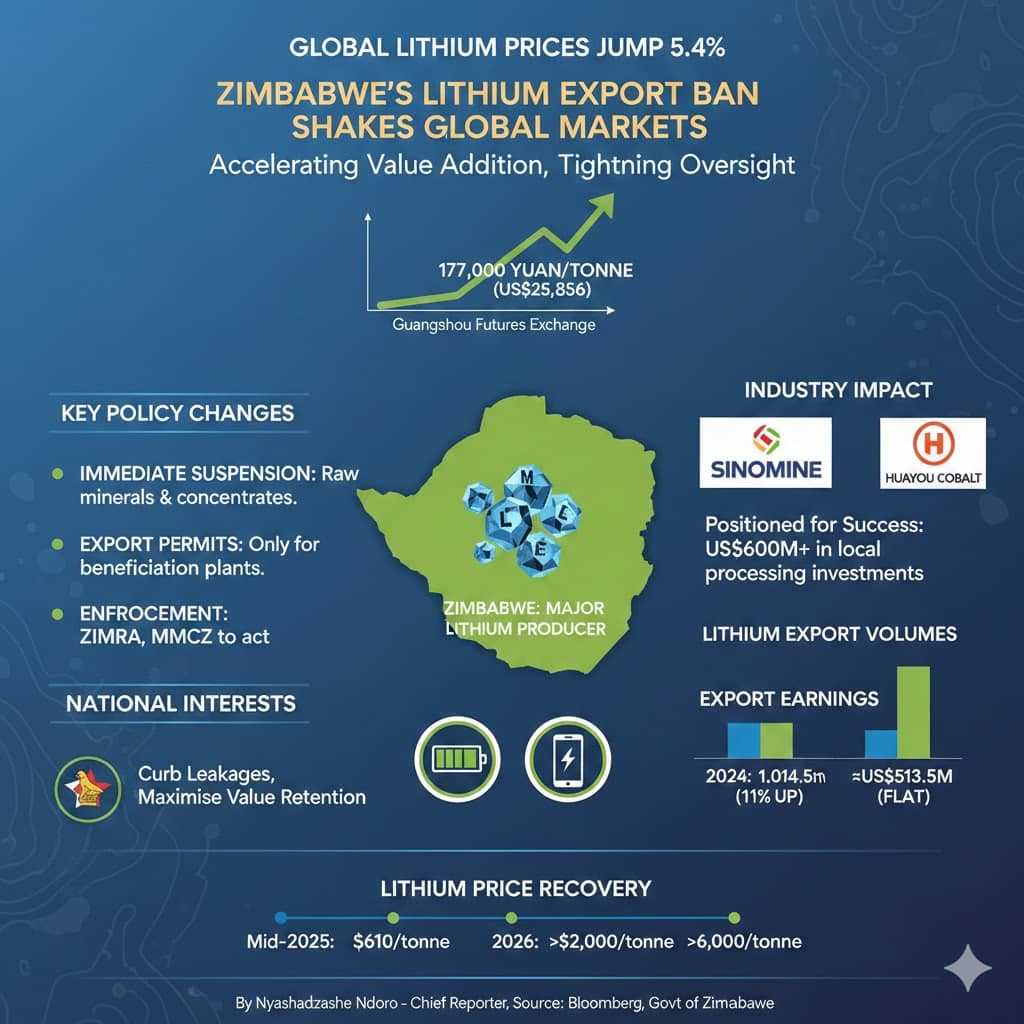
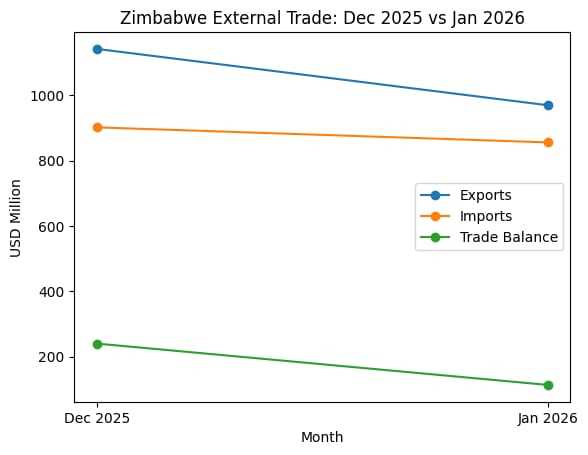
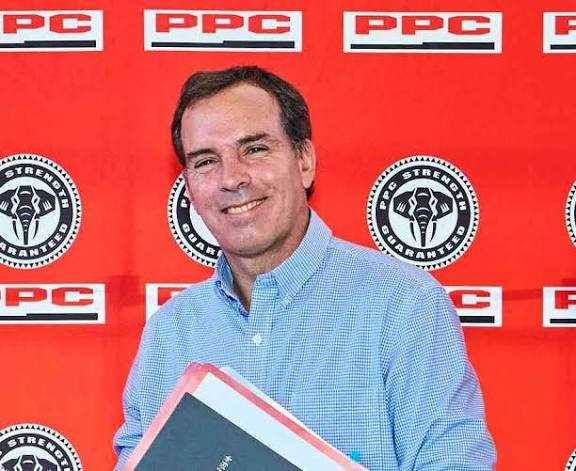




Leave Comments